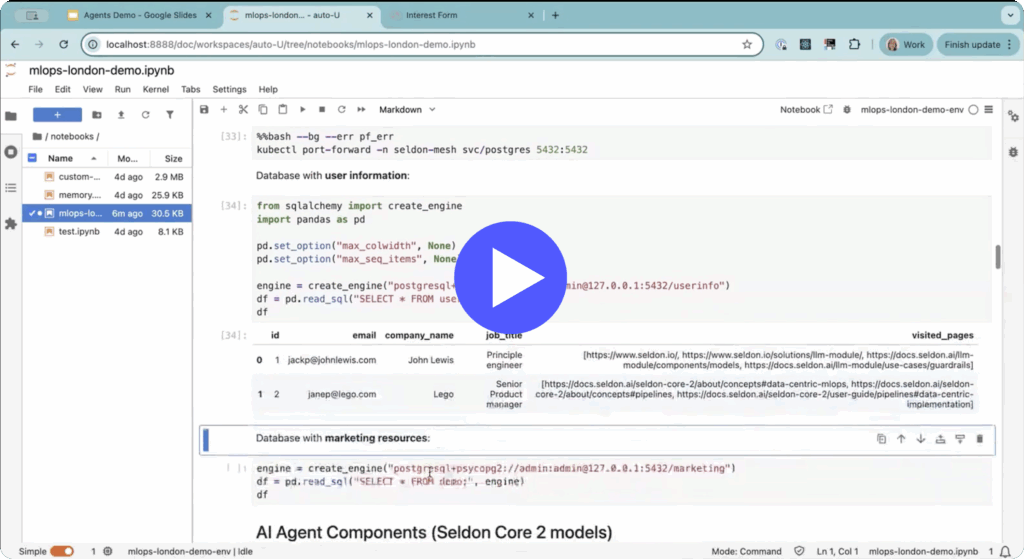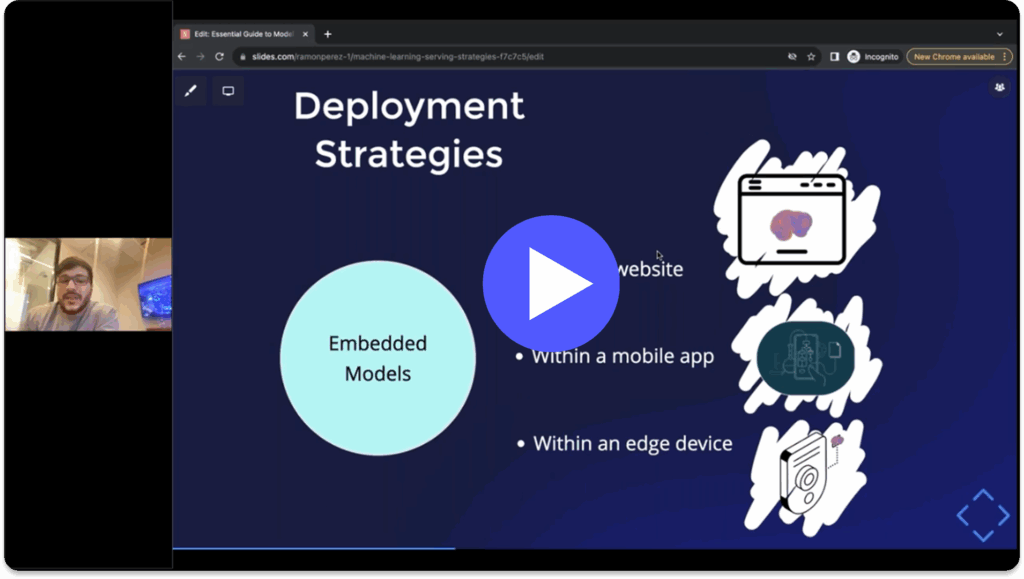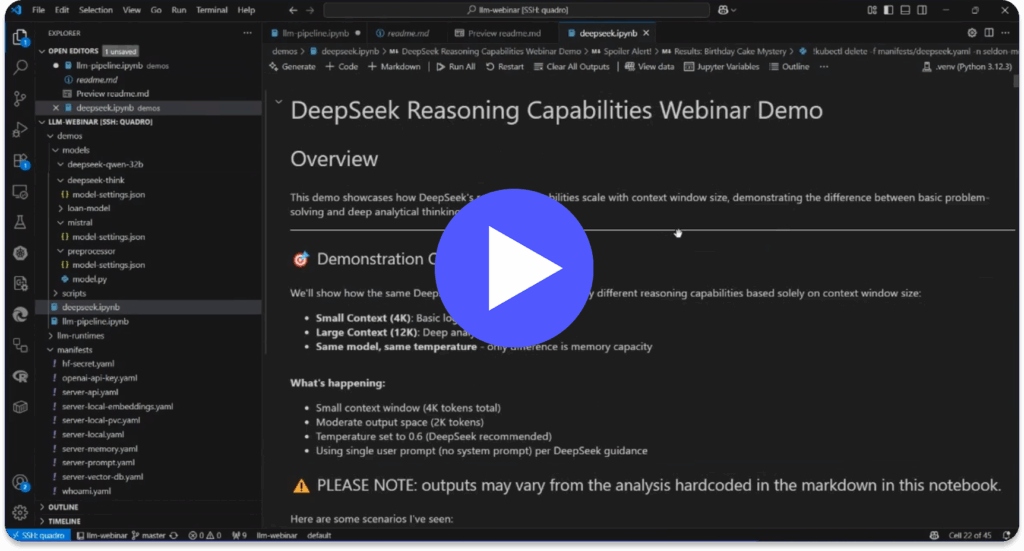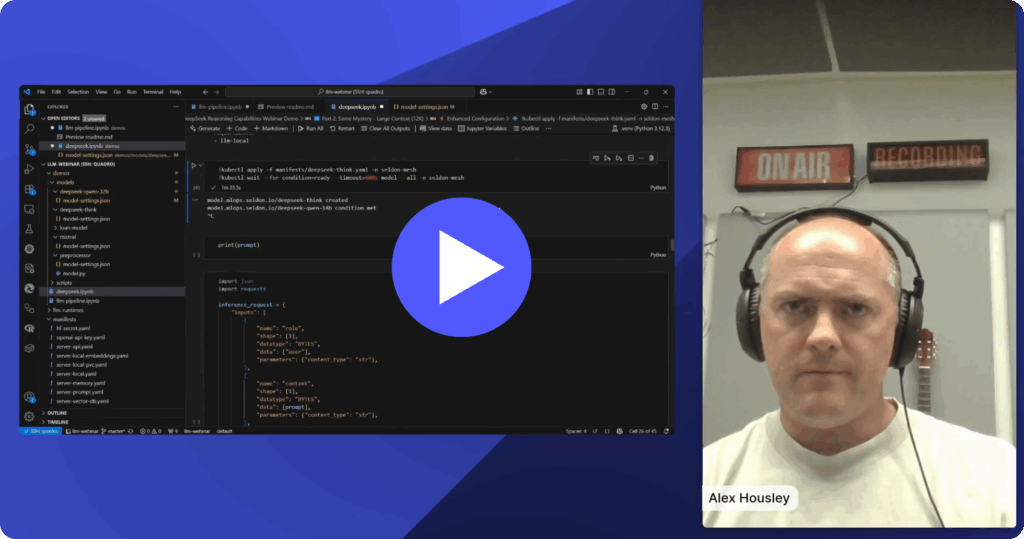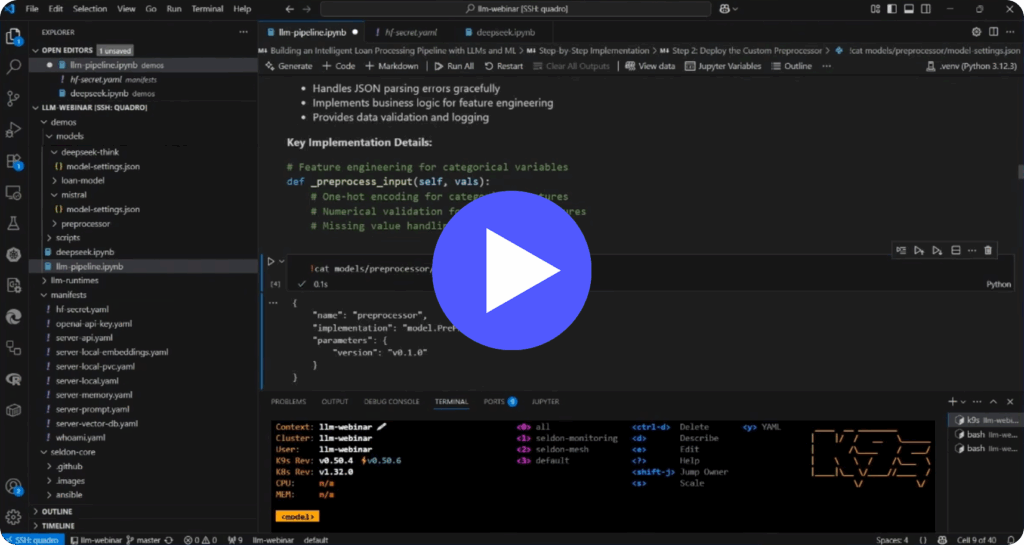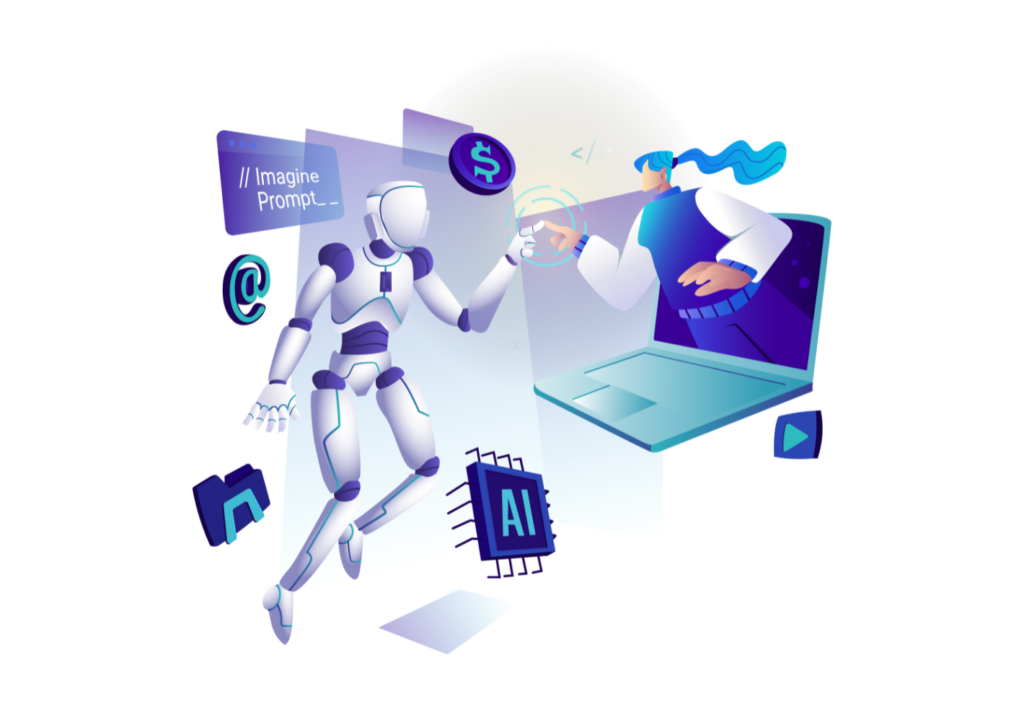Continuous research is something that we strongly believe in at Seldon. There has been a huge increase in the publication of new research in the field of machine learning and MLOps. Seldon’s research partnership with the University of Cambridge has played a significant role in shaping our vision for the future of MLOps and in driving the development of our products forward. Seldon has an incredible research team working towards improving our open source and enterprise products every day, and we encourage our employees to continually contribute to the wider AI/ML community.
For that reason, Seldon is thrilled to sponsor and take part in NeurIPS @ Cambridge on December 8, an offline and Cambridge-local meetup of the Neural Information Processing Systems. The Thirty-Sixth Annual Conference on Neural Information Processing Systems (NeurIPS 2022) is one of the most well respected conferences in the industry taking place in New Orleans and virtually.

The conference brings together researchers in machine learning, neuroscience, statistics, optimization, computer vision, natural language processing, life sciences, natural sciences, social sciences and other adjacent fields.
The NeurIPS gathering in Cambridge will have MLOps Engineer, Sherif Akoush and MLOps researcher, Andrei Paleyes have their paper accepted to the NeurIPS workshop and will be showcasing it at the poster session. The NeurIPS workshop is titled Challenges in Deploying and Monitoring Machine Learning Systems.
Machine learning has become a widely accessible tool for solving real world problems. With the dramatic increase in the number of deployments, there’s also growth in the challenges practitioners face to keep good performance in their deployment process. This workshop will address those challenges moving forward.
Our Applied ML Researcher, Oliver Cobb is having a lightning talk, and several members of our tech team will be joining to support the team and network with students, researchers, and engineers.

Oliver Cobb‘s lightning talk is titled, “Towards Practicable Sequential Shift Detectors”. This talk builds on a workshop paper that was accepted at a Principles of Distribution Shift (PODS) ICML workshop in July.
In this talk he’ll expose the gap that exists between drift detection methods existing in the academic literature and those fit for purpose in real deployment environments. He’ll identify overlooked research directions crucial to bridging this gap and highlight works making progress along these directions.
Sherif Akoush and Andr℮i Paleyes will be presenting their accepted NeurIPS workshop paper via a poster titled, “Desiderata for Next Generation of ML Model Serving”.
Inference is a significant part of ML software infrastructure. Despite the variety of inference frameworks available, the field as a whole can be considered in its early days.
They present their rationale for the important qualities inference platforms should be aiming for, and discuss ways to achieve it in practice. Our team proposes to focus on data-centricity as the overarching design pattern which enables smarter ML system deployment and operation at scale.
Check out Sherif and Andrei’s research paper on arXiv:
We are proud to also be sponsoring this event, and excited for several colleagues from our tech team to both present and attend. We hope to meet many of you in Cambridge soon.
Our Slack community is the virtual place where researchers and other ML professionals gather together to get the opportunity to get anything from basic questions answered, all the way to achieving the most obscure workaround hacks.
Click here to join the Slack community.



